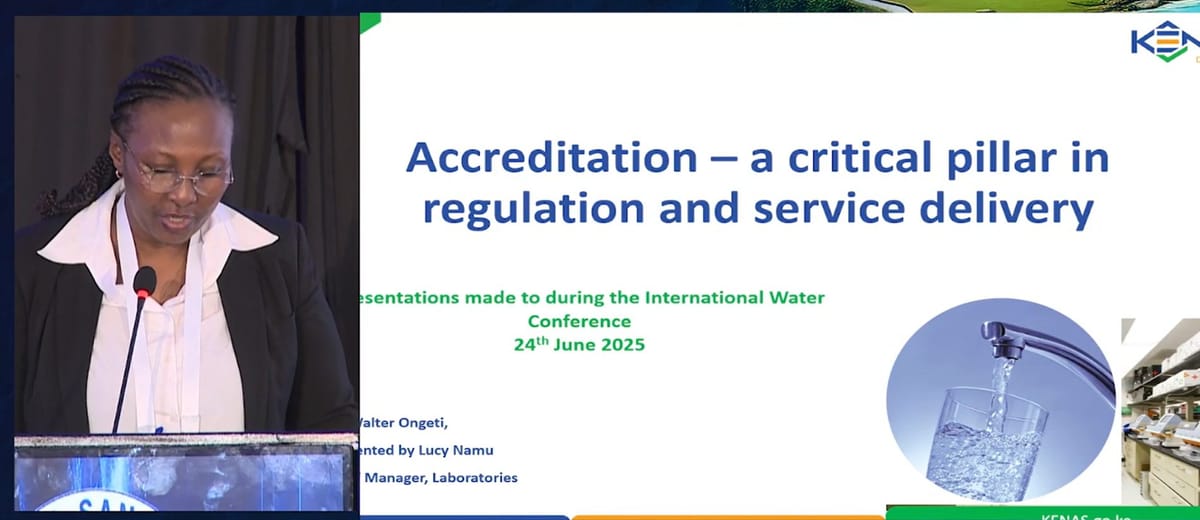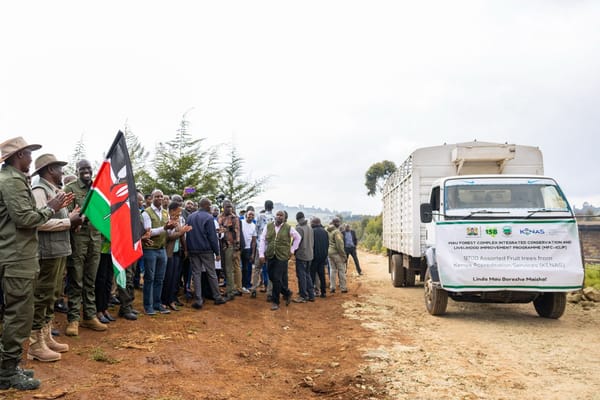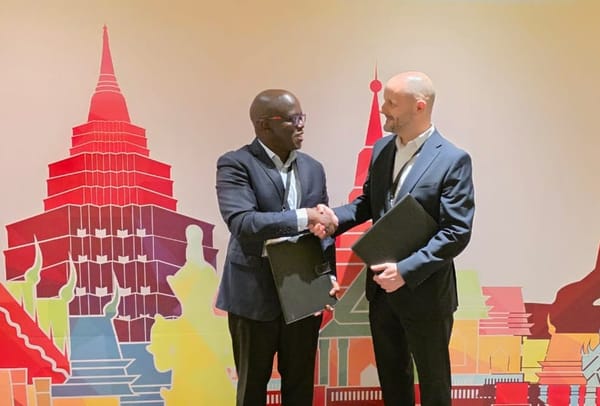Accreditation for a Resilient, Efficient, and Trusted Sanitation Future

At the Kenya Water & Sanitation International Conference and Exhibition, 2025 stakeholders gathered to deliberate on solutions that advance sustainable sanitation. Among the standout voices was Ms. Lucy Namu, who represented the CEO of the Kenya Accreditation Service (KENAS) in a breakout session themed: “Innovations, Technologies and Market Opportunities for Climate-Resilient Sanitation.”
Her message was clear and timely: accreditation is a critical pillar in transforming Kenya’s water and sanitation sector, especially in the face of climate change and growing urban populations.
Accreditation: A Foundation for SDG 6.2
In her presentation, Ms. Namu emphasized the alignment between accreditation and Sustainable Development Goal 6.2 — achieving access to adequate and equitable sanitation and hygiene for all. She noted that the competence and credibility delivered through accreditation contribute directly to safer sanitation systems and better health outcomes.
Whether in testing, metering, inspection, or certification, accreditation helps ensure that services meet rigorous international standards. This not only reduces risks but also improves service delivery across the entire sanitation ecosystem.
“Accreditation supports both regulation and innovation, enabling organizations to serve the public with integrity while embracing climate-resilient solutions,” she said.
Efficiency, Trust, and Accountability
In an environment where non-revenue water, poor service quality, and consumer mistrust remain persistent challenges, accredited systems offer a transformative path forward. Accreditation:
- Strengthens competence of service providers
- Improves operational efficiency through standardized processes
- Supports regulatory controls that are transparent and internationally benchmarked
- Builds public trust in the safety and reliability of water and sanitation services
These benefits are not theoretical—they are tangible and measurable across counties and service boards implementing accredited approaches.
A New Legal Landscape: Accreditation Is Now Mandatory
With the enactment of the Business Laws (Amendment) Act, 2024, accreditation is no longer a best practice — it is a legal requirement in Kenya.
New provisions under Sections 12A and 12B of the Standards Act solidify KENAS’s mandate in overseeing accreditation activities. These laws:
- Mandate accreditation for specific conformity assessment bodies
- Embed international standards in local regulatory frameworks
- Facilitate market access through Mutual Recognition Arrangements (MRAs) with global bodies like the International Accreditation Forum (IAF), International Laboratory Accreditation Cooperation (ILAC), and the African Accreditation Cooperation (AFRAC)
This means Kenya’s accredited institutions are recognized across borders — boosting trade, unlocking investment, and enhancing trust in Kenyan services and products.
Accreditation Means:
✅ Competence — service providers are evaluated against international standards
✅ Consistency — processes are streamlined and reliable
✅ International Acceptability — services and products are trusted globally
Call to Action:
To all stakeholders in the water and sanitation ecosystem — from utilities to innovators, regulators to development partners:
Take concrete steps toward accreditation.
It’s not just a compliance issue — it’s a pathway to sustainability, efficiency, and public trust.
Let us build a resilient, efficient, and trusted sanitation future — one that delivers for every Kenyan and stands up to global standards.



